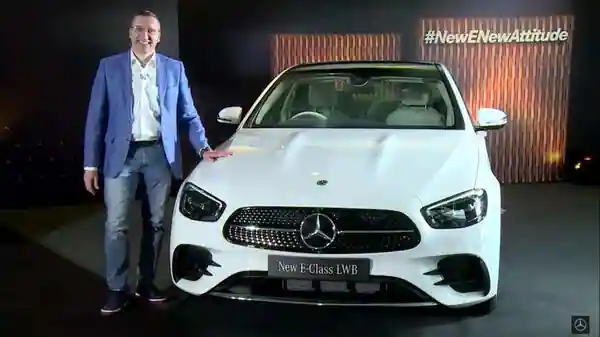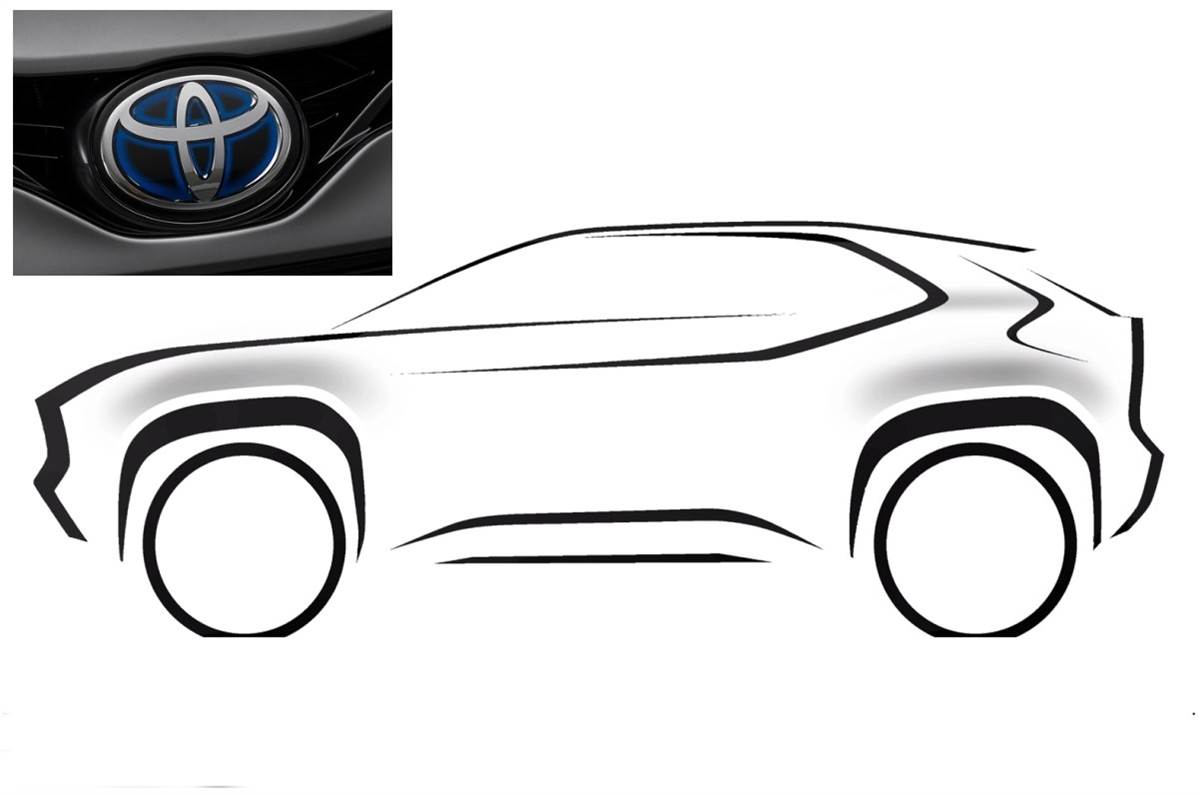
Jaguar Land Rover has announced that its future cabin air purification technology has been shown in laboratory tests to inhibit viruses and airborne bacteria by as much as 97 percent including Covid-19.
The prototype heating, ventilation, and air-conditioning (HVAC) system uses Panasonic’s Nanoe X technology to inhibit harmful bacteria and viruses, and will be used in cabins of future Jaguar and Land Rover models. Jaguar Land Rover partnered with Perfectus Biomed Ltd, a leading microbiology and virology lab, to perform the world-leading laboratory-based sealed-chamber test designed to simulate a vehicle ventilation system in recirculation mode over a 30-minute cycle. The independent research showed that viruses and bacteria were inhibited by as much as 97 percent.
Panasonic’s innovative Nanoe X technology has also been tested on novel coronavirus (SARS-CoV) by Texcell, a global research organisation that specialises in viral testing and immunoprofiling, and is one of the laboratories in the world with permission to test against novel coronavirus. It found more than 99.995 percent of the virus was inhibited during the two-hour laboratory test. According to Dr Steve Iley, Jaguar Land Rover’s Chief Medical Officer, said: “Our customers’ wellbeing is of paramount importance to us – and now, more than ever, we are all looking for technological solutions that can help take care of our loved ones. The independent research, developed and commissioned by our expert engineers, is just one of the ways we are working to assure our customers that harmful pathogens are being minimised, providing a cleaner environment for passengers inside the cabin and setting new standards in the ownership experience.”
To provide active air purification the Nanoe X technology – 10 times more effective than its predecessor Nanoe – uses a high voltage to create trillions of Hydroxyl (OH) Radicals enveloped in nano-sized water molecules. These OH Radicals denature the virus and bacteria proteins, helping inhibit their growth. The OH Radicals deodorise and inhibit allergens in a similar way to create a cleaner air environment for customers. Alexander Owen, Research Engineer at Jaguar Land Rover, said: “This technology is a great example of being able to harness the power of nature and puts Jaguar Land Rover right at the forefront of this cabin technology. Hydroxyl Radicals are one of the most important natural oxidants in chemistry and have been helping to clean our atmosphere for millennia, removing pollutants and other harmful substances. The creation of this technology and our advanced research is the first step in deploying this scientific phenomenon within vehicle cabins of the future.”
JLR hasn't yet confirmed when the technology will be commercialised or which production models will be the first to receive the system. Currently, JLR models, including the Jaguar I-Pace EV and the Range Rover Evoque, are fitted with Panasonic’s existing Nanoe air purification technology, over which the latest system is said to be ten times more effective. JLR isn't the only company to be working on antivirus technology for cars. In response to the Covid-19 outbreak last year, UFI Filters, an Italian car part maker, launched an anti-virus cabin filter in India. Made up of silver- and copper ion-treated fibres, the Sofima D+fend system is claimed to kill 99.5% of viruses from the coronavirus family.
| Previous News | Next News |
 New Mercedes-Benz E-Class launched in India at ₹63.60 lakh New Mercedes-Benz E-Class launched in India at ₹63.60 lakh |
 New Toyota electric SUV concept to be unveiled next month
New Toyota electric SUV concept to be unveiled next month |